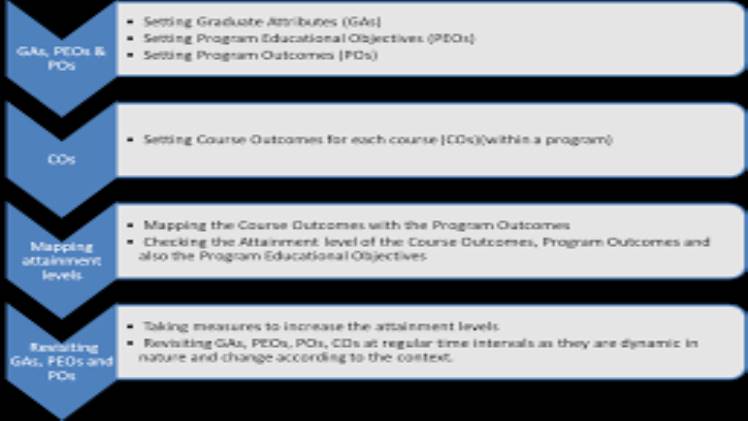Mastering Payroll Administration: Ensuring Accuracy and Compliance – Charles Spinelli

Introduction:
Payroll administration is a critical function within organizations that involves managing employee compensation, benefits, and deductions. Accurate and timely payroll processing is essential for maintaining employee satisfaction, complying with legal requirements, and fostering a positive work environment. Now let’s see what Charles Spinelli says.
1. The Significance of Payroll Administration:
Payroll administration encompasses the processes and tasks involved in calculating, disbursing, and recording employee compensation. It plays a vital role in ensuring employees are paid accurately and on time, maintaining compliance with tax laws and labor regulations, and safeguarding the financial stability of the organization.
2. Key Components of Payroll Administration:
a. Compensation Calculation: Accurately calculating employee wages, salaries, bonuses, commissions, and overtime pay is crucial. This involves considering various factors such as hours worked, pay rates, deductions, and tax withholdings.
b. Benefits and Deductions: Managing employee benefits, including healthcare, retirement plans, and other voluntary deductions, requires careful administration. Employers must accurately calculate and track deductions, ensure compliance with legal requirements, and handle any changes or adjustments.
c. Tax Compliance: Adhering to tax regulations is a critical aspect of payroll administration. Employers must accurately withhold and remit payroll taxes, including federal, state, and local income taxes, Social Security, Medicare, and unemployment taxes. Compliance with tax laws, timely filing of tax forms, and staying updated on regulatory changes are essential.
d. Record-Keeping and Reporting: Maintaining accurate payroll records is crucial for compliance and reference purposes. Payroll administrators should keep detailed records of employee earnings, tax withholdings, benefits, deductions, and other relevant information. Additionally, preparing and submitting required payroll reports to regulatory bodies is essential.
3. Best Practices for Effective Payroll Administration:
a. Establish Clear Policies and Procedures: Develop comprehensive payroll policies and procedures that outline the processes, timelines, and responsibilities involved in payroll administration. Communicate these policies to employees to ensure transparency and address any questions or concerns.
b. Use Reliable Payroll Software: Investing in reliable and user-friendly payroll software simplifies payroll processing, automates calculations, and facilitates accurate record-keeping. Choose software that integrates with other HR and accounting systems to streamline data sharing and reduce errors.
c. Stay Updated on Laws and Regulations: Payroll administrators must stay informed about changes in tax laws, labor regulations, minimum wage requirements, and other legal obligations related to payroll administration. Regularly review and update payroll practices to ensure compliance and avoid penalties.
d. Conduct Regular Audits and Reconciliations: Periodically review payroll records, reconciling them with financial records to ensure accuracy and identify any discrepancies. Conduct internal audits to identify potential errors, verify compliance with policies and regulations, and address any issues promptly.
e. Maintain Confidentiality and Data Security: Safeguarding employee payroll information is crucial. Implement strict security measures to protect sensitive data, including using secure servers, limiting access to authorized personnel, and adhering to data protection regulations such as the General Data Protection Regulation (GDPR).
4. Benefits of Effective Payroll Administration:
a. Employee Satisfaction: Timely and accurate payroll processing enhances employee satisfaction and trust in the organization. It demonstrates the organization’s commitment to fair compensation, benefits, and compliance with legal requirements.
b. Compliance and Risk Mitigation: Effective payroll administration reduces the risk of non-compliance with tax laws, labor regulations, and wage and hour requirements. This helps organizations avoid costly penalties, legal disputes, and damage to their reputation.
c. Improved Efficiency and Cost Savings: Streamlining payroll processes through automation and software solutions increases efficiency, reduces administrative burdens, and minim
d. izes errors. This saves time and resources, allowing HR professionals to focus on strategic initiatives and value-added activities.
e. Enhanced Decision-Making: Accurate payroll data provides valuable insights for financial planning, budgeting, and decision-making. Access to real-time payroll reports enables organizations to analyze labor costs, identify trends, and make informed business decisions.
Effective payroll administration is essential for organizations to ensure accurate and timely compensation, comply with legal requirements, and maintain employee satisfaction. By implementing best practices, leveraging technology, staying updated on regulations, and prioritizing accuracy and compliance, organizations can streamline payroll processes, mitigate risks, and enhance overall operational efficiency. A well-managed payroll administration system contributes to a positive work environment and supports the financial stability and success of the organization.





